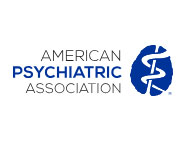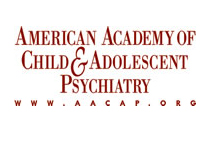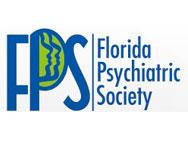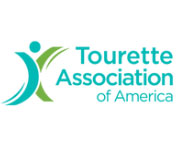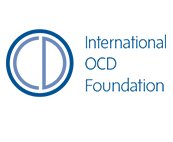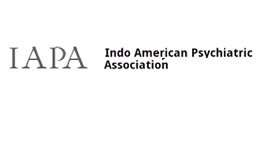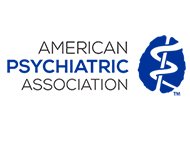Self-Care Strategies for Mental Health Professionals

As a mental health professional, you dedicate your time and energy to helping others who are struggling with emotional and psychological issues. But who takes care of you? Let’s look at some self-care strategies to effectively deal with the stress, burnout, and compassion fatigue that can come with your work
- Set Clear Boundaries: Learn to say no to requests or demands that are beyond your capacity or scope of practice. Protect your time, energy, and caseload, and avoid overcommitting yourself. Communicate your needs and expectations clearly and respectfully with your clients, colleagues, and supervisors.
- Examine Your Beliefs about Being a Therapist: Challenge any unrealistic or unhelpful beliefs that you may have about your work, such as feeling that you have to be perfect, solve everyone’s problems, or never make mistakes. Recognize your strengths and limitations, and accept yourself as a human being who is doing the best you can. Celebrate your successes and learn from your failures.
- Do More of What You Love: Find joy and meaning in your work by focusing on the aspects that you enjoy and value the most.
- Find Meaning Outside of Work: Remember that you are more than your job. Cultivate a sense of purpose and identity that is not dependent on your professional role or achievements. Explore your values and beliefs, and connect with your spirituality or faith. Volunteer for a cause that you care about, or join a community that shares your vision.
- Take Care of Your Mind: Practice mindfulness, meditation, or relaxation techniques to calm your mind and reduce stress. Express your emotions in healthy ways, such as journaling, talking, or even crying.
- Take Care of Your Body: Your physical health affects your mental health, and vice versa. Make sure you get enough sleep, eat well, exercise regularly, and stay hydrated. Avoid or limit substances that can harm your health, such as alcohol, tobacco, or drugs. Seek medical attention when needed, and follow your doctor’s recommendations.
- Seek Clinical Supervision: Find a trusted and experienced mentor or peer who can provide you with guidance, feedback, and support. Share your challenges and achievements, and seek advice and solutions. Learn from others’ experiences and perspectives, and expand your knowledge and skills. Supervision can also help you prevent or address any ethical dilemmas or conflicts that may arise in your work.
Of note, self-care is not a one-time event, but a continuous process that requires your awareness and commitment. By taking care of yourself, you can take better care of others, and enjoy your work and life more.
If you are a mental health professional who needs help with self-care, or if you are looking for a compassionate and comprehensive psychiatrist for yourself or a loved one, please call (561) 483-0844 to book your appointment today.
Dr. Priti Kothari is a board certified child, adolescent and adult psychiatrist with fellowship training at John Hopkins Medical Center. Dr. Kothari specializes in treating anxiety disorders, mood disorders, ADHD, pervasive developmental disorder, and women’s issues as well as the relationship between mental health and weight loss. She practices in Boca Raton, Delray Beach and Coral Springs, FL
Dr.Kothari is amazing! She has been my doctor for years...
I have been a patient of Dr. Kothari for over three years. She has invested her heart...
Dr. Kothari has been seeing my sons for seven years. She is a wonderful resource...
Dr. Kothari is very caring. Appointments and waiting times are great...
When we started seeing Dr. Kothari, my son was dealing with a great...
Dr. Kothari has saved my life, this I can say without reservation...

 Patient Forms
Patient Forms Videos
Videos Location
Location





